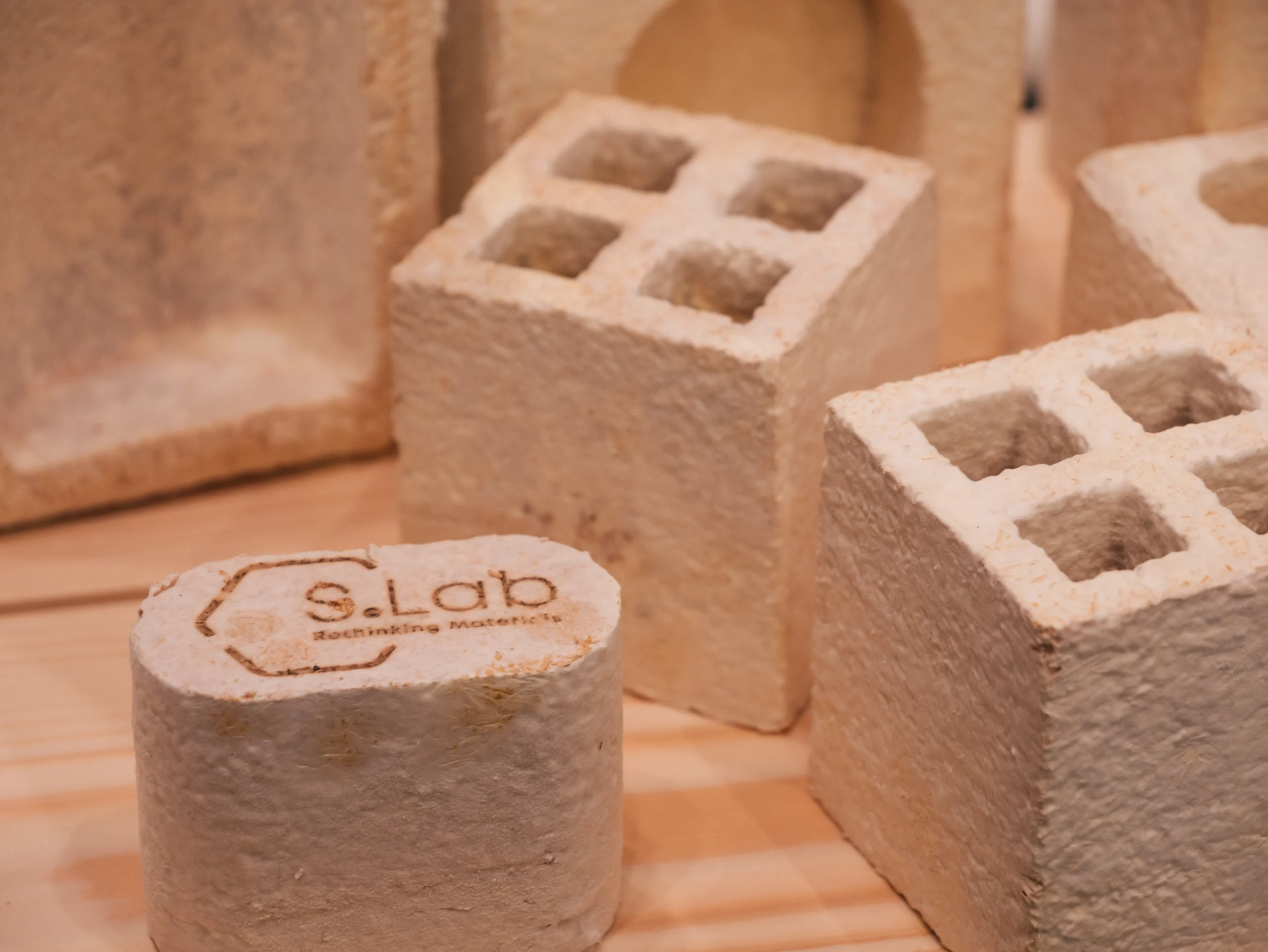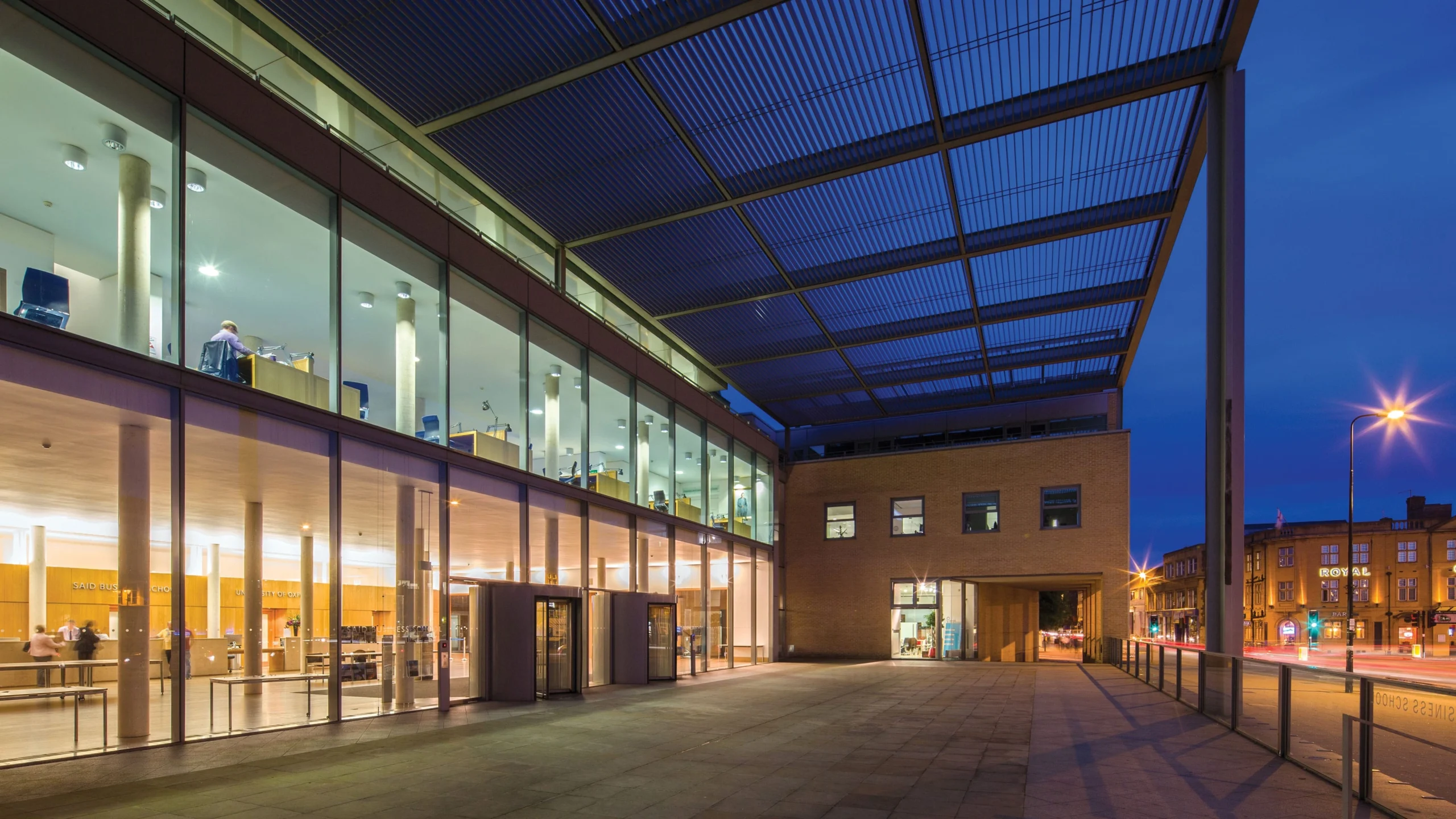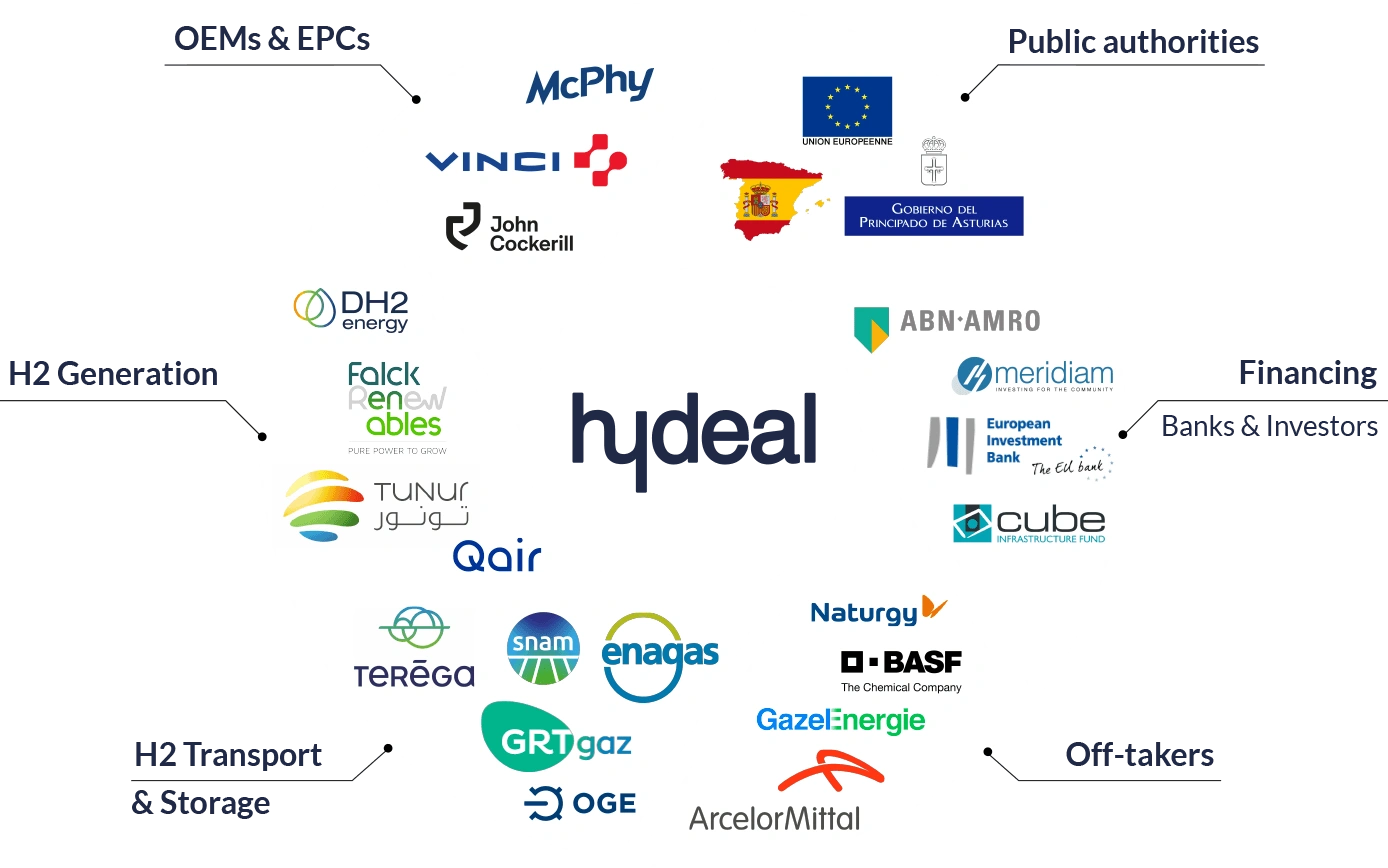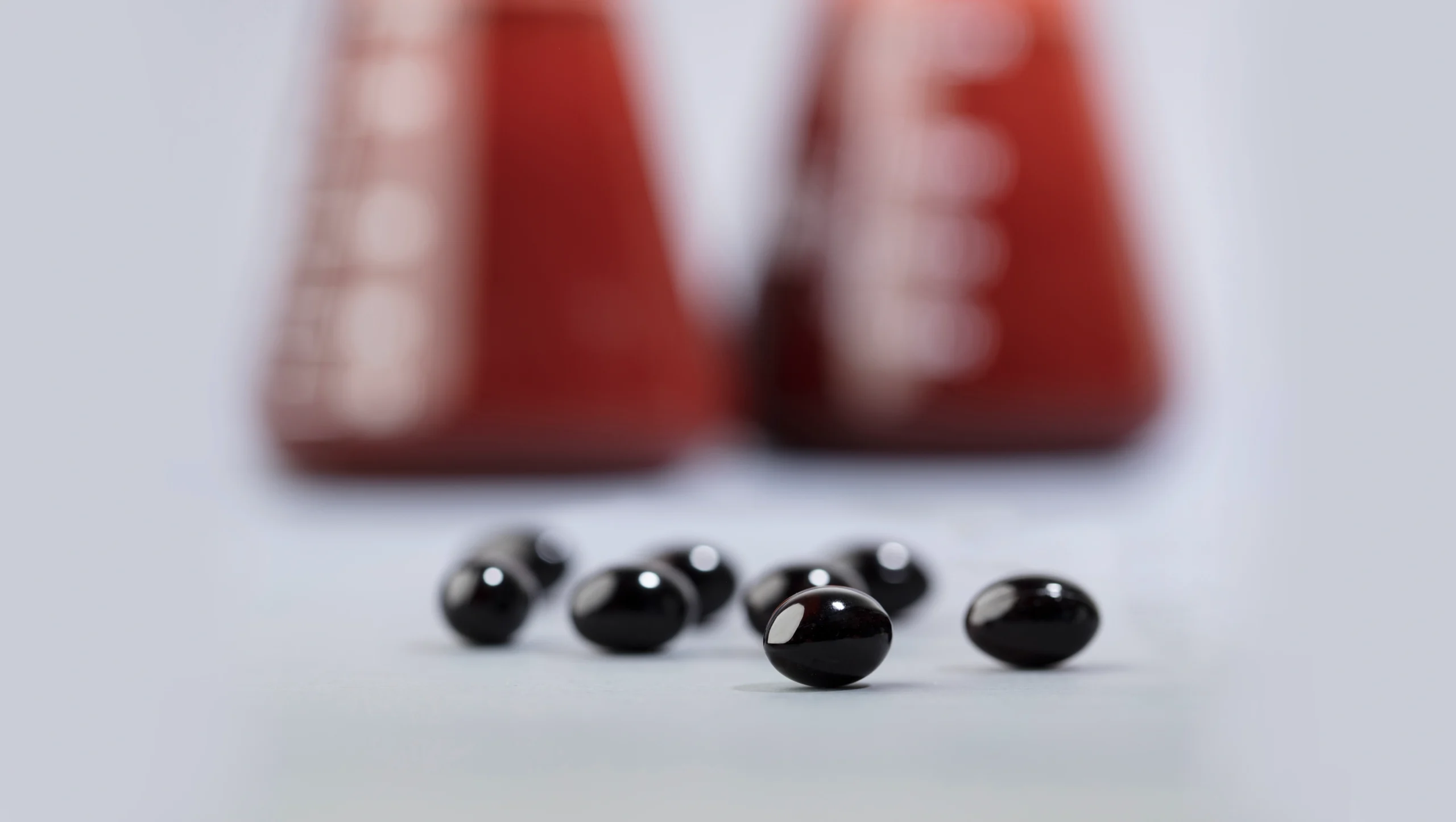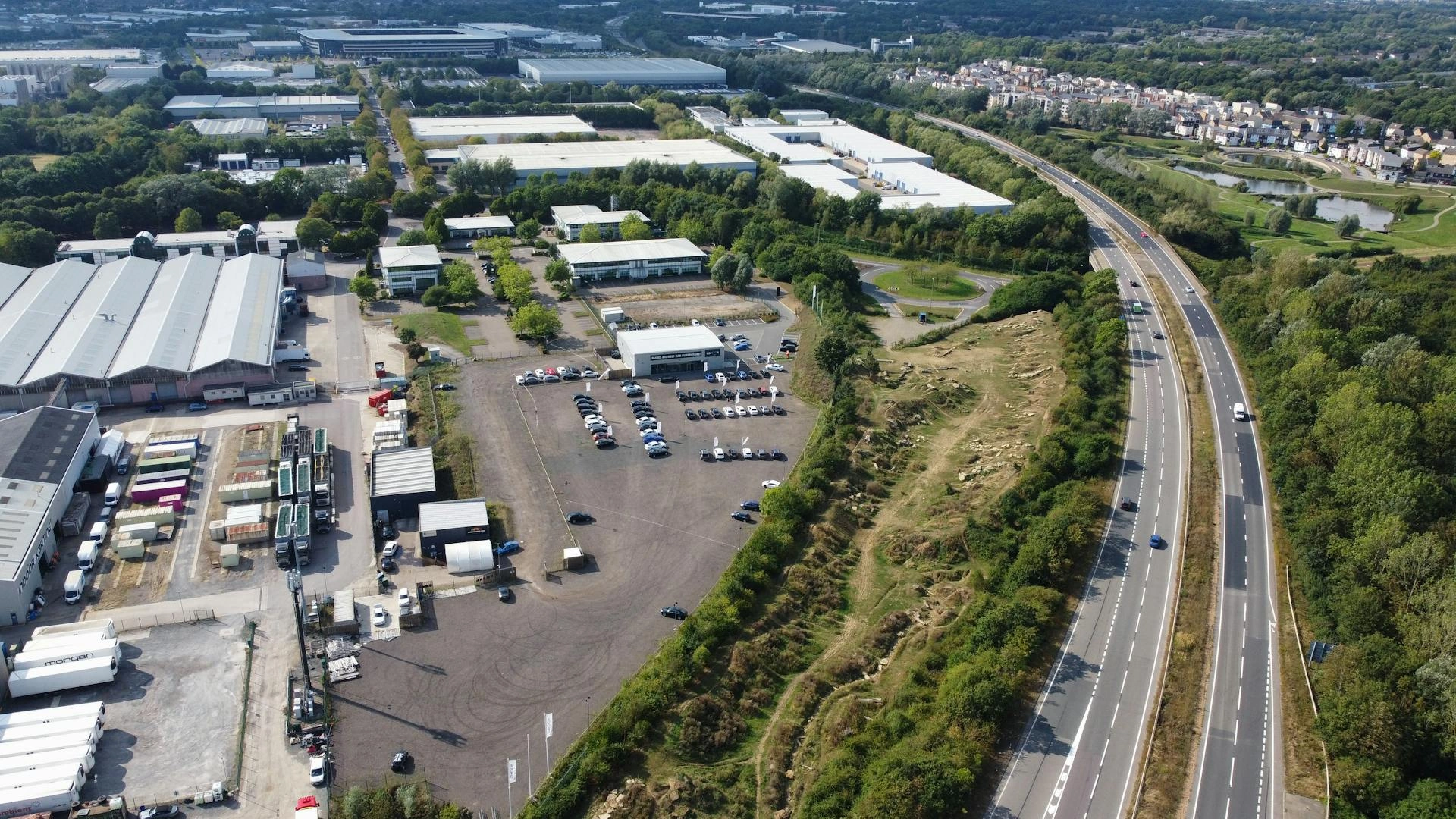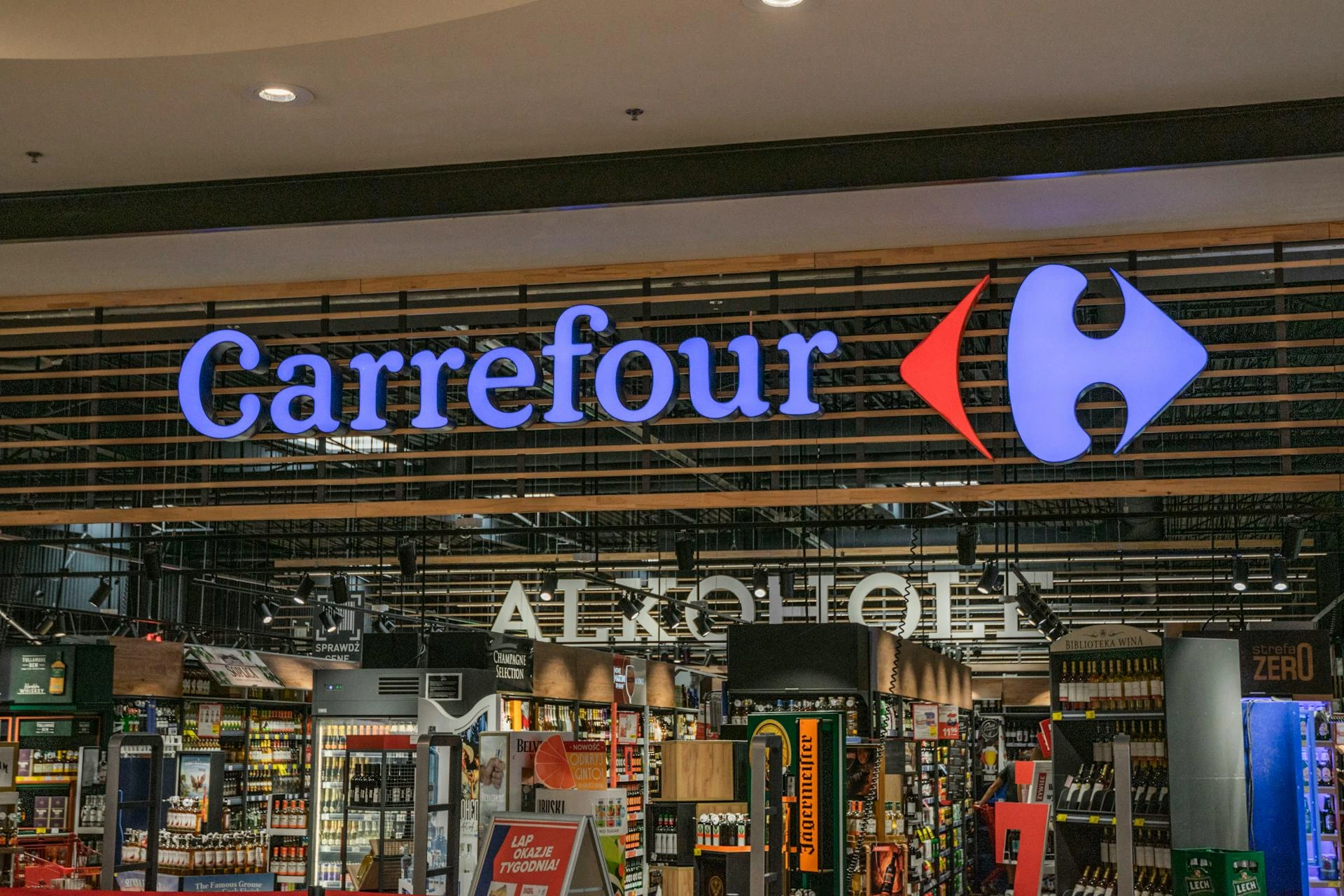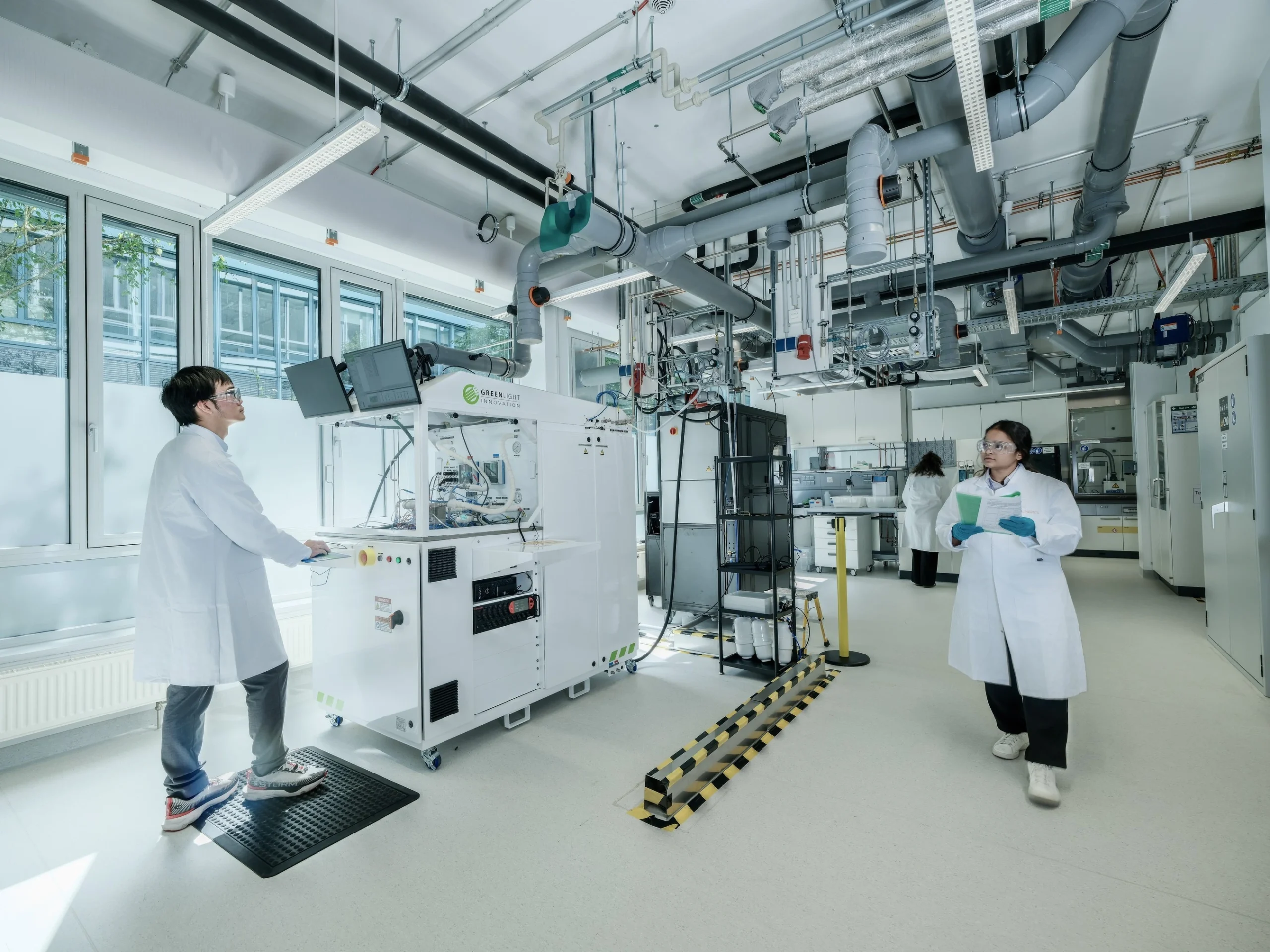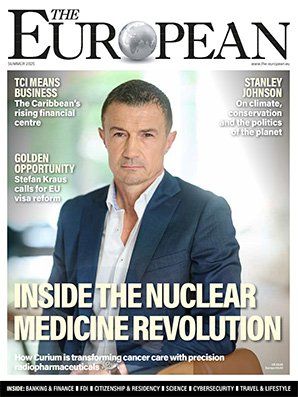Disrupting an industry near you

John E. Kaye
- Published
- Sustainability

To get ahead of the curve, your company may need to tune in to the transformative capabilities of synthetic biology, says Nicholas Goeldel of BCG
It may be a phenomenon with a futuristic-sounding name, but synthetic biology, or syn-bio, has become a very real disruptive force, creating an entirely new bioeconomy. Biology is usually defined as the study of living things and life itself, but syn-bio has turned this into the manufacturing method of the future.
Microorganisms can, in theory, make many of the things that industrial processes currently manufacture, so syn-bio – the design and engineering of biological systems to create and improve processes and products – offers new ways of producing almost everything that human beings consume, from flavours and fabrics to foods and fuels.
For instance, with syn-bio, supply is no longer constrained by the availability of raw materials. Companies are able to engineer and manufacture at scale products, cell by cell, from scratch. Just half a gram of cattle muscle could create as much as 4.4 billion pounds of beef – more than Mexico consumes in a year.
By the end of the decade, syn-bio could also be used extensively in manufacturing industries that account for more than a third of global output, a shade under $30tn in terms of value according to a new BHI study. Naturally, some industries are better positioned to embrace the technology than others.
Syn-bio start-ups are engineering more sustainable products that consume fewer resources, such as land and water, and don’t use fossil fuels and their derivatives. These products are also more durable, generate less waste after use, and are healthier for humans in most cases.
CEOs in all industries must get to grips with this technology right away. If companies hope to compete in the bio-economy of the future, they must learn to use syn-bio to gain a competitive advantage that is truly sustainable.
Transforming products and processes
Just as synthesis changed chemistry, and chip design altered computing in the last century, biologists have built on advances in molecular, cell, and systems biology to transform the science from an analytical to an engineering discipline. Syn-bio pioneers are using the science to:
- Create innovative products and novel processes – many syn-bio start-ups have designed all-new products that require fewer natural resources than those they replace. Consider, for example, the synthetic meat industry, where more than 70 startups including Impossible Foods, Beyond Meat, Innocent Meat, Change Foods, Good Chicken, and Upside Foods are shaking up the industry.
- Improve the performance of existing products or processes – many syn-bio firms are redesigning traditional processes, developing new ways of manufacturing familiar things that are more environmentally sustainable than existing ones, which tend to rely on petrochemicals, their derivatives, or other ecologically hazardous chemicals.
- Reduce the costs or increase the availability of scarce raw materials – it has become commonplace for syn-bio companies to manufacture products by fermenting plant-based feedstock, just as brewers and pharmaceutical manufacturers use vats of yeast to make beer and insulin.
- Create products or raw materials that are more environmentally friendly – while it is not yet entirely clear by how much products produced via synthetic biology have a better environmental footprint, it certainly represents a step-change over crude-oil derived materials.
- Create resilient supply chains – syn-bio manufacturing facilities are usually co-located with food stock sources such as sugar cane, which reduces costs, makes them more resilient, and shrinks their carbon footprints. These raw material sources are abundant and lasting, so supplies for syn-bio processes are likely to be immune to the shocks that plague today’s global supply chains. Co-location also will insulate companies from fluctuations in commodity prices, foreign exchange rates, and geopolitical tensions.
Disrupting your industry soon
If it’s not already, syn-bio will permeate all industries in the not-so-distant future, although the timing of the impact on each of them will differ. Some industries, such as health and beauty, medical devices, and electronics, will be affected immediately, while other sectors including chemicals, textiles, and water management will face cost-based competition over the next 10 years, followed by industries such as mining, electricity, and construction.
Two factors determine when syn-bio will disrupt an industry:
- Time to maturity – much will depend on the time that syn-bio technologies take to evolve from scientific theories to commercial technologies, but it isn’t easy to forecast how soon that will happen. These complex technologies don’t scale in a linear fashion because unknown factors creep in at each stage of technological development.
- Diffusion – how quickly and easily a technology gains acceptance is a function of government regulations, industry concentration, investments, the nature of the product, the extent of its scarcity and more. The rate of diffusion also depends on the maturity of the supporting ecosystem, especially the availability of scientific talent, academic partners, and supply chains.
Business must prepare for syn-bio now
The immense possibilities that syn-bio offers business today are matched by the challenges the technology presents. Just like digital, syn-bio technologies will soon force companies to rethink their business models. Many will have to make large investments in syn-bio R&D, as companies figure out how to forge complex partnerships and joint ventures with start-ups. As in the case of AI, using syn-bio technologies will force businesses to deal with societies that are uncomfortable with the idea of re-engineering life in any form.
Given the growing speed at which syn-bio technologies are changing, as well as the way the wider industry is maturing, some sectors will need to react to disruptive syn-bio technology and respond sooner than others. That said, CEOs in every industry should take these first steps now:
- Get familiar with the science and the technology – because syn-bio is different from other technologies, some business will face a steep learning curve. To strategise successfully, and to identify winning technologies and promising start-ups, corporations must put aside adequate time to learn. This can be done by arranging study tours, inviting guest speakers, and organising syn-bio learning days for their top management, strategy, and R&D teams.
- Test promising opportunities – using the shared knowledge and understanding gained across teams, businesses must hold workshops to identify the most promising technologies and pick a few to explore in depth.
- Scout for successful pioneers – for every opportunity they identify, companies must scout for the start-ups and giants that are developing the technologies, products, and processes to realise them.
- Identify the manufacturing and supply challenges upfront – many syn-bio applications face challenges in scaling, standardisation, quality consistency, transportation, and biosafety compliance. Companies must identify all the potential techno-commercial challenges before choosing the paths to follow.
- Partner selectively – in industries that face the threat of immediate disruption from syn-bio technologies, companies have no choice but to focus on the transformative capabilities of the technology and try to get ahead of the curve. They should partner with startups and university incubators so they can learn quickly.
It has taken time for syn-bio to reach a tipping point, but that moment has finally come. Using syn-bio at scale is an intriguing way for businesses to grow sustainably in the future.
ABOUT THE AUTHOR

of BCG – www.bcg.com
Sign up to The European Newsletter
RECENT ARTICLES
-
 Mycelium breakthrough shows there’s mush-room to grow in greener manufacturing
Mycelium breakthrough shows there’s mush-room to grow in greener manufacturing -
 Oxford to host new annual youth climate summit on UN World Environment Day
Oxford to host new annual youth climate summit on UN World Environment Day -
 Exclusive: Global United Nations delegates meet in London as GEDU sets out new cross-network sustainability plan
Exclusive: Global United Nations delegates meet in London as GEDU sets out new cross-network sustainability plan -
 Fast fashion brands ‘greenwash’ shoppers with guilt-easing claims, study warns
Fast fashion brands ‘greenwash’ shoppers with guilt-easing claims, study warns -
 Private sector set to overtake government as main driver of corporate sustainability in 2026, report suggests
Private sector set to overtake government as main driver of corporate sustainability in 2026, report suggests -
 Sir Trevor McDonald honoured at UWI London Benefit Dinner celebrating Caribbean achievement
Sir Trevor McDonald honoured at UWI London Benefit Dinner celebrating Caribbean achievement -
 Historic motorsport confronts its energy future
Historic motorsport confronts its energy future -
 Protecting the world’s wild places: Dr Catherine Barnard on how local partnerships drive global conservation
Protecting the world’s wild places: Dr Catherine Barnard on how local partnerships drive global conservation -
 Europe’s HyDeal eyes Africa for low-cost hydrogen link to Europe
Europe’s HyDeal eyes Africa for low-cost hydrogen link to Europe -
 Fabric of change
Fabric of change -
 Courage in an uncertain world: how fashion builds resilience now
Courage in an uncertain world: how fashion builds resilience now -
 UAE breaks ground on world’s first 24-hour renewable power plant
UAE breaks ground on world’s first 24-hour renewable power plant -
 China’s Yancheng sets a global benchmark for conservation and climate action
China’s Yancheng sets a global benchmark for conservation and climate action -
 Inside Iceland’s green biotechnology revolution
Inside Iceland’s green biotechnology revolution -
 Global development banks agree new priorities on finance, water security and private capital ahead of COP30
Global development banks agree new priorities on finance, water security and private capital ahead of COP30 -
 UK organisations show rising net zero ambition despite financial pressures, new survey finds
UK organisations show rising net zero ambition despite financial pressures, new survey finds -
 Gulf ESG efforts fail to link profit with sustainability, study shows
Gulf ESG efforts fail to link profit with sustainability, study shows -
 Redress and UN network call for fashion industry to meet sustainability goals
Redress and UN network call for fashion industry to meet sustainability goals -
 World Coastal Forum leaders warn of accelerating global ecosystem collapse
World Coastal Forum leaders warn of accelerating global ecosystem collapse -
 Miliband: 'Great British Energy will be self-financing by 2030'
Miliband: 'Great British Energy will be self-financing by 2030' -
 New ranking measures how Europe’s biggest retailers report on sustainability
New ranking measures how Europe’s biggest retailers report on sustainability -
 Music faces a bum note without elephant dung, new research warns
Music faces a bum note without elephant dung, new research warns -
 Scientists are racing to protect sea coral with robots and AI as heatwaves devastate reefs
Scientists are racing to protect sea coral with robots and AI as heatwaves devastate reefs -
 Munich unveils new hydrogen lab as Europe steps up green energy race
Munich unveils new hydrogen lab as Europe steps up green energy race -
 Seaweed and wind turbines: the unlikely climate double act making waves in the North Sea
Seaweed and wind turbines: the unlikely climate double act making waves in the North Sea

